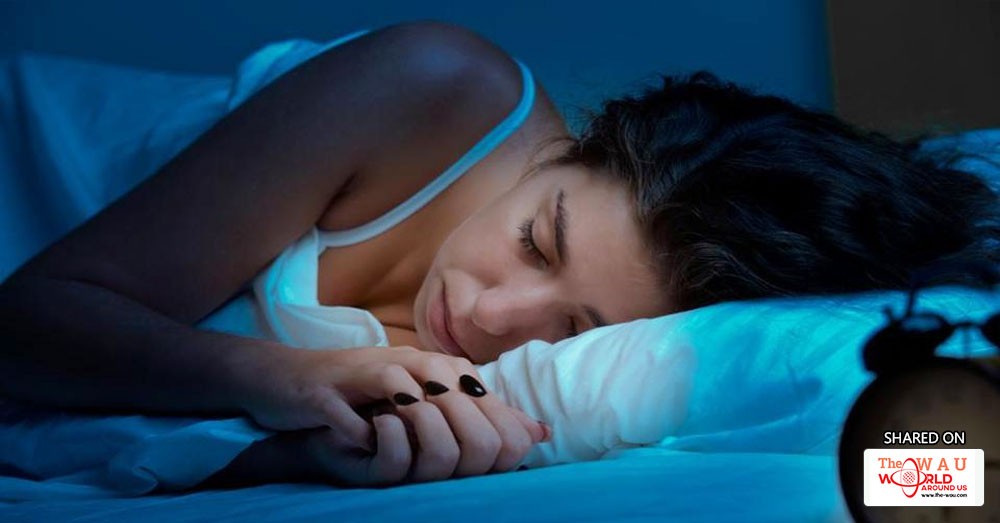As we move towards darker nights that will take us into winter, now is a great time to head to bed earlier and set a new sleep schedule. Sleep expert Matthew Walker, a UC Berkeley professor and author of the recently released, Why We Sleep, says that getting a sufficient amount of shut-eye can do wonders for our health, helping to prevent a variety of health conditions including cancer, Alzheimer’s, diabetes, and heart attacks as well as boost memory, mood, and our immune system.
Baylor College of Medicine’s Dr Philip Alapat is also currently trying to stress the need for sleep, adding that, “It is important to recognise that your body’s need for sleep is non-negotiable and anything less than what your body needs is going to be less than adequate for your body to function optimally.”
Both Walker and Alapat advise setting a regular sleep schedule. Walker also recommends going to bed and waking up at the same time every day, even after a bad night’s sleep or on the weekend, with Alapat advising that we should also be aiming for between seven and eight hours of sleep a night.
Both also recommend keeping your bedroom temperature cool. If your feet are cold, wear socks. As well as cool, your bedroom environment should also be dark and quiet. Try blackout curtains to keep out the light and ear plugs if you need them.
Walker and Alapat agree that we should take time to wind down at least an hour before bedtime, which also includes dimming the lights and turning off all screens which can interfere with your body’s circadian rhythm.
Alapat also suggests thinking about your evening activities before bedtime. Don’t expect to immediately fall asleep after watching something like an intense action movie — your brain will be too alert and will need some time to wind down from those kind of activities. He also adds that we should try to minimise our activities in the bedroom, reserving this space for sleep only and avoiding watching television, reading books and looking at your phone while in bed.
Avoid caffeine after 1 pm and never go to bed tipsy, warns Walker. Alcohol is a sedative and sedation is not sleep. It also blocks your REM dream sleep, an important part of the sleep cycle. If you can’t sleep, Walker suggests getting out of bed and doing something quiet and relaxing until the urge to sleep returns, then go back to bed.
Share This Post















